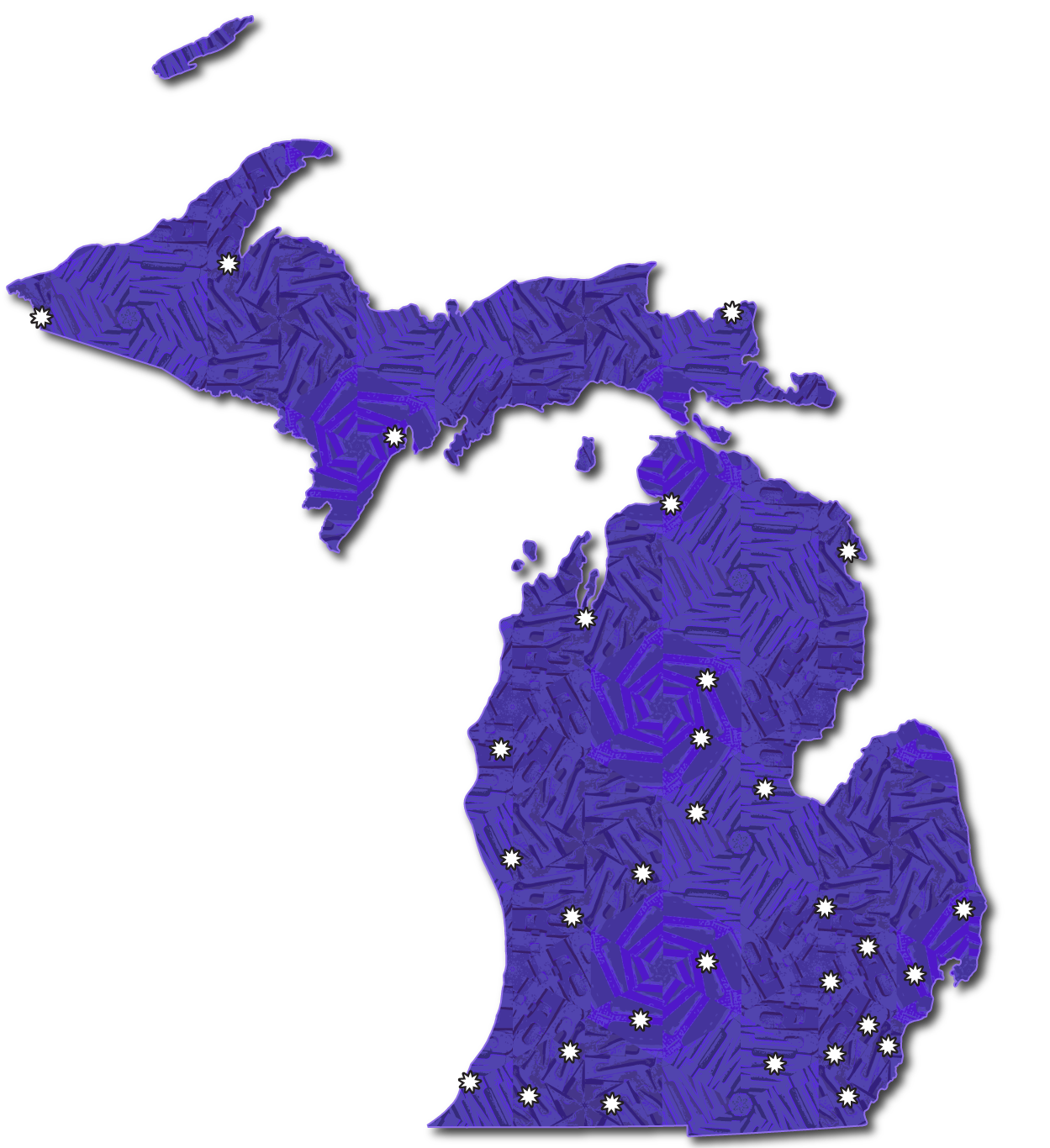Mental Health Improvement through Community Colleges
Improving access to evidence-based mental health care for individuals attending community colleges across Michigan
Mental Health Improvement through Community Colleges
Improving access to evidence-based mental health care for individuals attending community colleges across Michigan
OUR MISSION
Assess Needs and Identify Evidence-based Solutions
We partner with community college providers, decision-makers, and students to assess current gaps in mental health access for students and help colleges identify evidence-based interventions and strategies to bridge these gaps.
WHY COMMUNITY COLLEGES
Community Colleges Make Education Accessible…
Community colleges have lower costs, more flexible classes, and are often closer to home than 4-year colleges and universities. They are key drivers of social mobility and serve diverse student populations. 62% of full-time community college students are employed, and 29% are first-generation college students.
…But Not Necessarily Mental Health
Nearly half of community college students report symptoms of a mental health disorder, and the majority of these disorders go untreated. Unaddressed mental health concerns contribute to poorer academic outcomes and also impact student retention, future earnings, and long term health outcomes. Our mission is to work with community colleges to determine how to most effectively support the mental health needs of community college students.

STUDY TEAM
Learn More About Our Study Team
We partner with community college staff and students to assess current gaps in mental health access and identify acceptable evidence-based interventions to fill these gaps.

Shawna Smith, PhD
University of Michigan
Faculty Investigator

Sara Abelson, PhD
Temple University
Faculty Investigator

Seo Youn Choi, PhD
University of Michigan
Data Analyst

Amy Rusch, MPH
University of Michigan
Doctoral Student

Alex Ammann, MPH
University of Michigan
Project Manager

Kyle Terry, MPH
University of Michigan
Research Assistant

Kendall Mosher
University of Michigan
Research Assistant

Timothy Rhodes, MSW, MPH
University of Michigan
Research Assistant
ADVISORY BOARD
Learn More About Our Advisory Board
The MHICC Advisory Board comprises decision-makers with responsibilities in community college mental health, including counselors, faculty, administrators, and policymakers. Representing a diverse array of colleges, including those serving rural and minoritized communities, the Board will guide MHICC’s strategic initiatives, provide feedback on research and evaluation findings, facilitate connections with other stakeholders, and support the dissemination of project outcomes and deliverables.

Amy Reddinger
Vice President of Arts and Sciences and Diversity, Equity, and Belonging at Bay College
Amy Reddinger earned her bachelor’s degree in English and Africana Studies from Bryn Mawr College and both a master’s degree and PhD in English from the University of Washington in Seattle. Amy joined Bay College in 2018 and served as the Dean of Arts and Sciences for four years. Before that, she was a faculty member at UW-Marinette for a decade. Dr. Reddinger has a range of publications that focus on institutional inclusion and diversity as they relate to student success. She has received various awards, including Faculty of the Year in 2009 and 2015, the Chancellor’s Excellence in Teaching Award by the UW Colleges in 2015, the Chancellor’s Inclusive Excellence Award in 2017, and the Bay College TORCH Award in 2020.

Edward Stotts Jr.
Counselor at Oakland Community College
Ed has worked in the field of counseling for over 30 years. He received his Doctorate of Counseling from Oakland University, Master of Counseling Education, Counseling Psychology, and Master of Blind Rehabilitation from Western Michigan University. Ed has worked in a variety of settings including juvenile justice, inpatient, and higher education.

Leslie Navarro
Director, Student Well-Being & Accessibility at Lake Michigan College
Leslie Navarro is a Licensed Master Social Worker (LMSW) and Certified Advanced Alcohol and Drug Counselor (CAADC). She holds a Master of Social Work (MSW) and a Bachelor of Arts degree from Grand Valley State University, as well as a CAADC from the University of Michigan. As the Director of Student Well-Being & Accessibility at Lake Michigan College, Leslie specializes in treating trauma, substance use disorders, depression, and anxiety. She utilizes an integrative and holistic approach to therapy, creating a safe, accepting, and non-judgmental environment to address areas of distress, build resilience, and restore hope.

Precious Miller
Director, Basic Needs and Belonging at Michigan Community College Association
Precious Miller joined the Michigan Community College Association (MCCA) in February 2020 as the MI-BEST Coordinator, where she led efforts to create and sustain college systems that offer holistic support for students. In her current role as Director of Basic Needs and Belonging, Precious collaborates with members to identify and address the unique needs of Michigan’s community college students and employees. She also develops partnerships, provides training, advocates, and fosters campus cultures of belonging. Precious has extensive experience in removing barriers for students and their families in K-12 education, implementing a holistic student success model at Western Michigan University, providing CliftonStrengths coaching, and coordinating care for adults with mental illness. An alumna of Western Michigan University (WMU), Precious holds a B.A. in Social Work and is a Licensed Master Social Worker.

Christopher Stroven
Counselor at Kalamazoo Community College
Chris Stroven is a licensed therapist based in Michigan with over 15 years of experience supporting adults and college students through challenges such as anxiety, depression, ADHD, and life transitions. As a counselor at Kalamazoo Community College, he works closely with students to develop practical coping strategies, improve emotional well-being, and navigate personal and academic stressors. Chris provides both in-person and virtual therapy.
PARTNER WITH US
Work with Us to Make an Impact
We partner with community college staff and students to assess current gaps in mental
health access and identify acceptable evidence-based interventions to fill these gaps.
THANK YOU TO OUR FUNDERS
Supporting Our Mission to Make a Difference
This project was supported by funds from the Center of Medicare and Medicaid Services through the Michigan Department of Health and Human Services, the Michigan Health Endowment Fund, IMPACT Center at the University of Washington, the Blue Cross Blue Shield Foundation of Michigan, and the John G. Searle Professorship at the University of Michigan School of Public Health.





